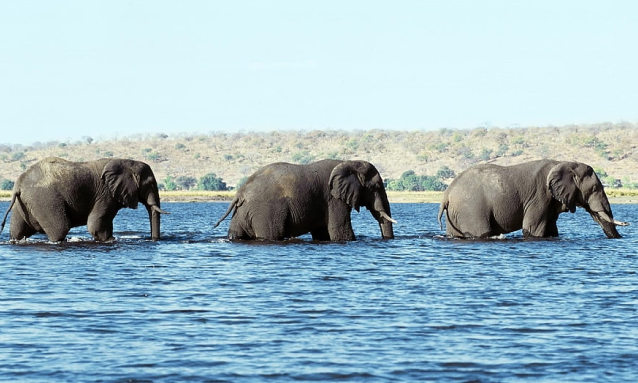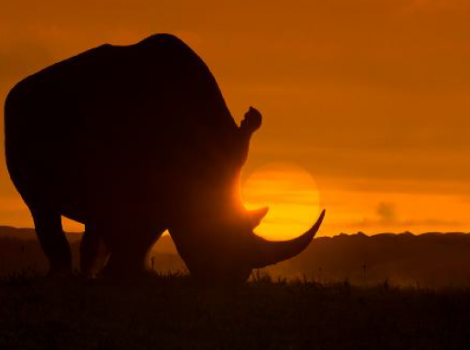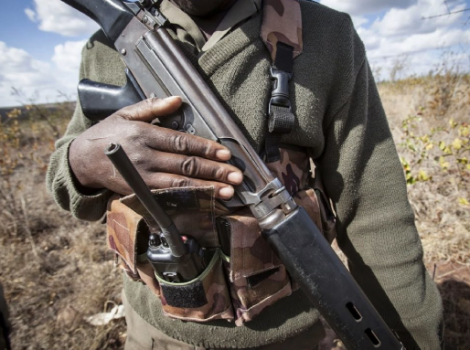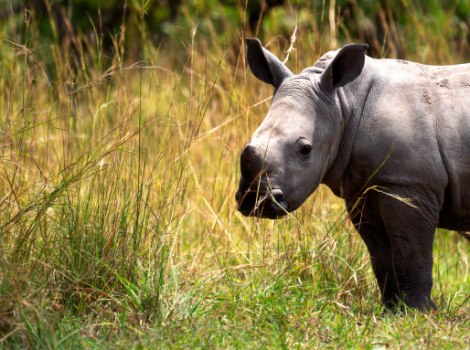
14 September 2023
The Botswana government has responded to criticism from an anti-hunting activist, saying the number of elephants legally killed by hunters since the lifting of a hunting ban in 2019 is negligible.
South Africa-based activist Adam Cruise recently published a report titled “Trophy Hunting in Botswana: a tale of declining wildlife, corruption, exploitation and impoverishment.” In it, Cruise, who is among the leading campaigners pushing for a ban on trophy hunting, said that the killing of elephants and other large animals threatens Botswana’s wildlife. Additionally, he said that hunting impoverishes communities because they do not benefit from revenue generated from the sport.
Thato Raphaka, permanent secretary in Botswana’s Ministry of Environment and Tourism, described Cruise’s report as malicious and misleading. Raphaka, in a statement, said that the allotment of hunted animals is approved by international conservation body CITES, and that the number of elephants killed compared to the overall elephant population is negligible.
Elephants are considered an endangered species, but protection measures have allowed their numbers to grow in southern Africa.
A recent census of the Kavango Zambezi Trans-frontier Conservation Area, or KAZA, found that nearly 230,000 elephants live in the five-country protected zone. About 130,000 of the elephants live in Botswana.
Isaac Theophilus, the chief executive of the nonprofit Botswana Wildlife Producers Association, supported the government’s stance, saying, “Botswana is a free and democratic country capable of managing her own resources without outside interference.”
He said that the country manages its resources, including wildlife, for economic development and to improve the people’s livelihoods.
“It is not by chance that the country has so many wildlife resources roaming around,” Theophilus said.
International hunters can currently buy licenses to shoot about 300 elephants in Botswana per season. Theophilus said that number is reasonable.
“The hunting quota for elephants, which has been less than [the] 400 [that] CITES approved, is very conservative,” he said.
“Based on recently released KAZA aerial survey results, the quota is less than 0.003% of the population. Any scientist can tell you that this is an extremely conservative quota.”
Conservationist Map Ives said that the government conducted countrywide consultations prior to reintroducing the sport in 2019, and that the majority of the population supported trophy hunting.
“The number of elephants hunted are of course negligible compared to those being born,” Ives said. “I don’t know if that argument holds any water. What I do know is that in a democracy, which Botswana is clearly a democracy, most of the people support hunting, based probably on a historical culture.”
Ives said he doubts that the debate over trophy hunting will go away because of growing opposition in many Western countries, especially in Europe.
“The last outpost of hunting seemingly is here in southern Africa, where there is still a large number of elephants, for example, and there is still a number of people that get a great deal of pleasure from hunting,” he said.
Some western countries, including the United Kingdom and Germany, are pushing for a ban on legally harvested animal trophies from Africa. A bill called the Hunting Trophies Import Prohibition is being debated before the U.K.’s House of Lords.



